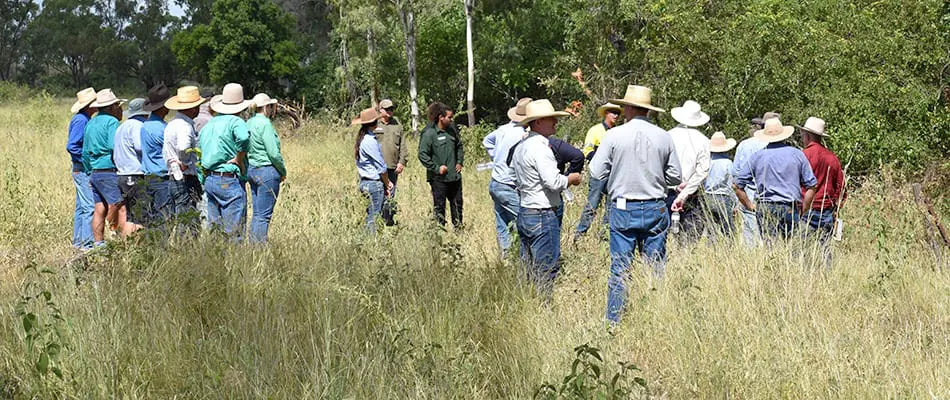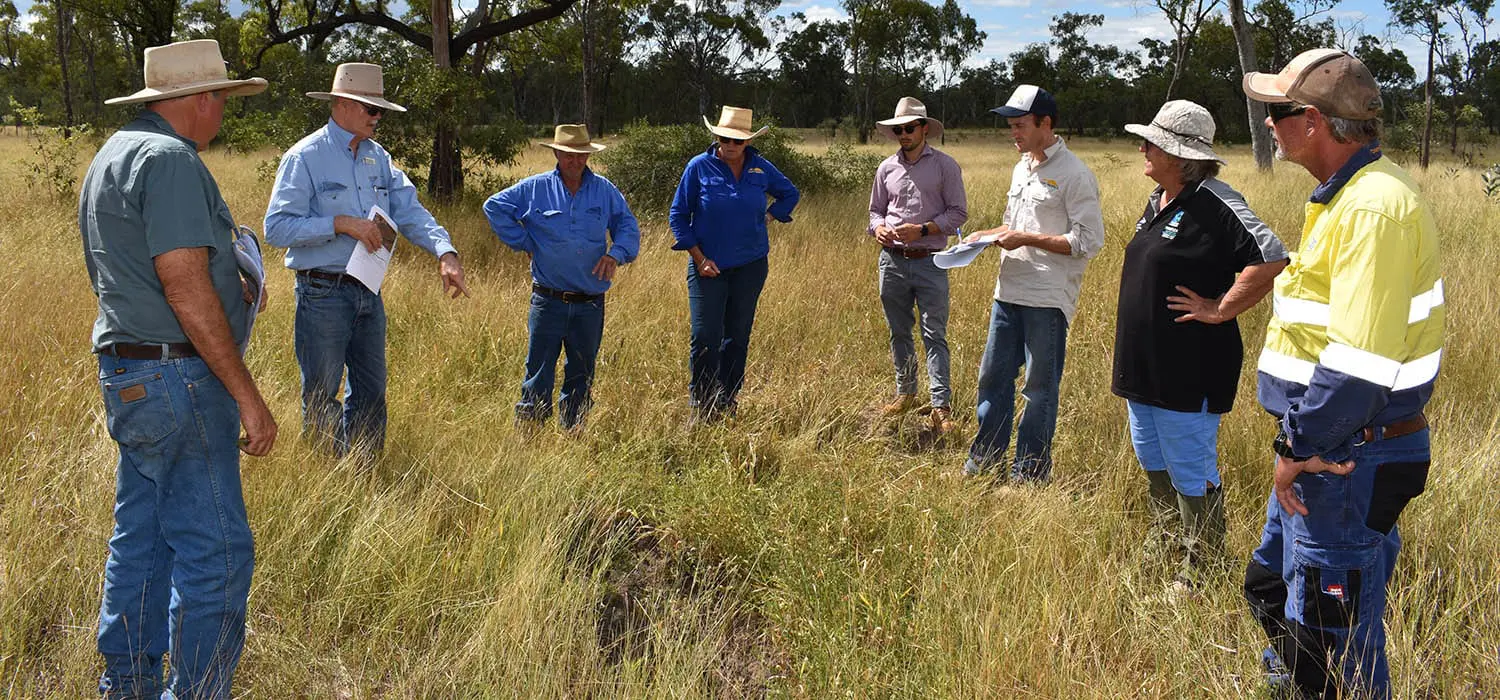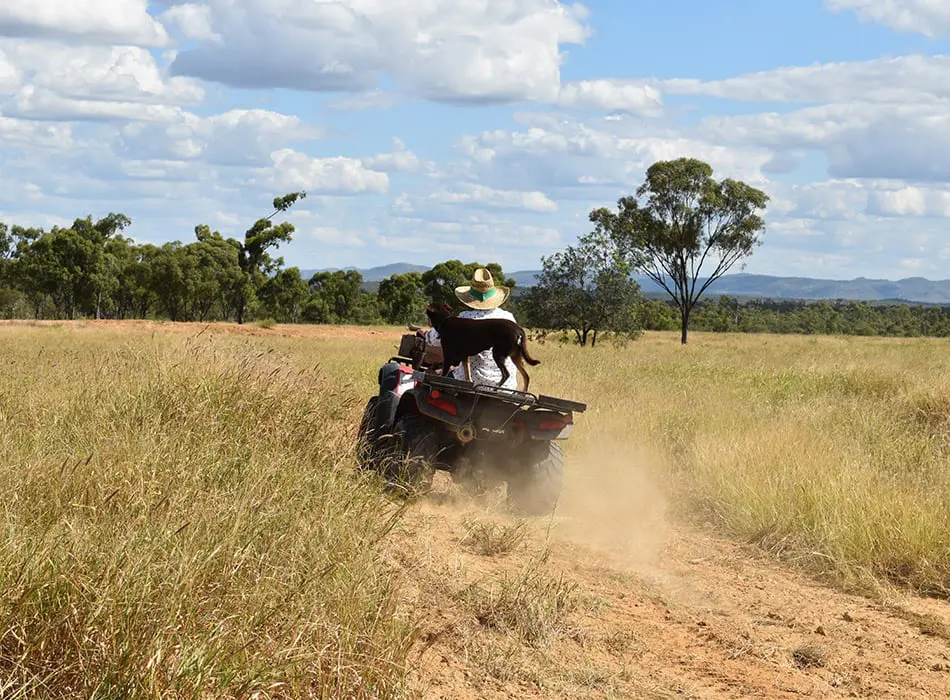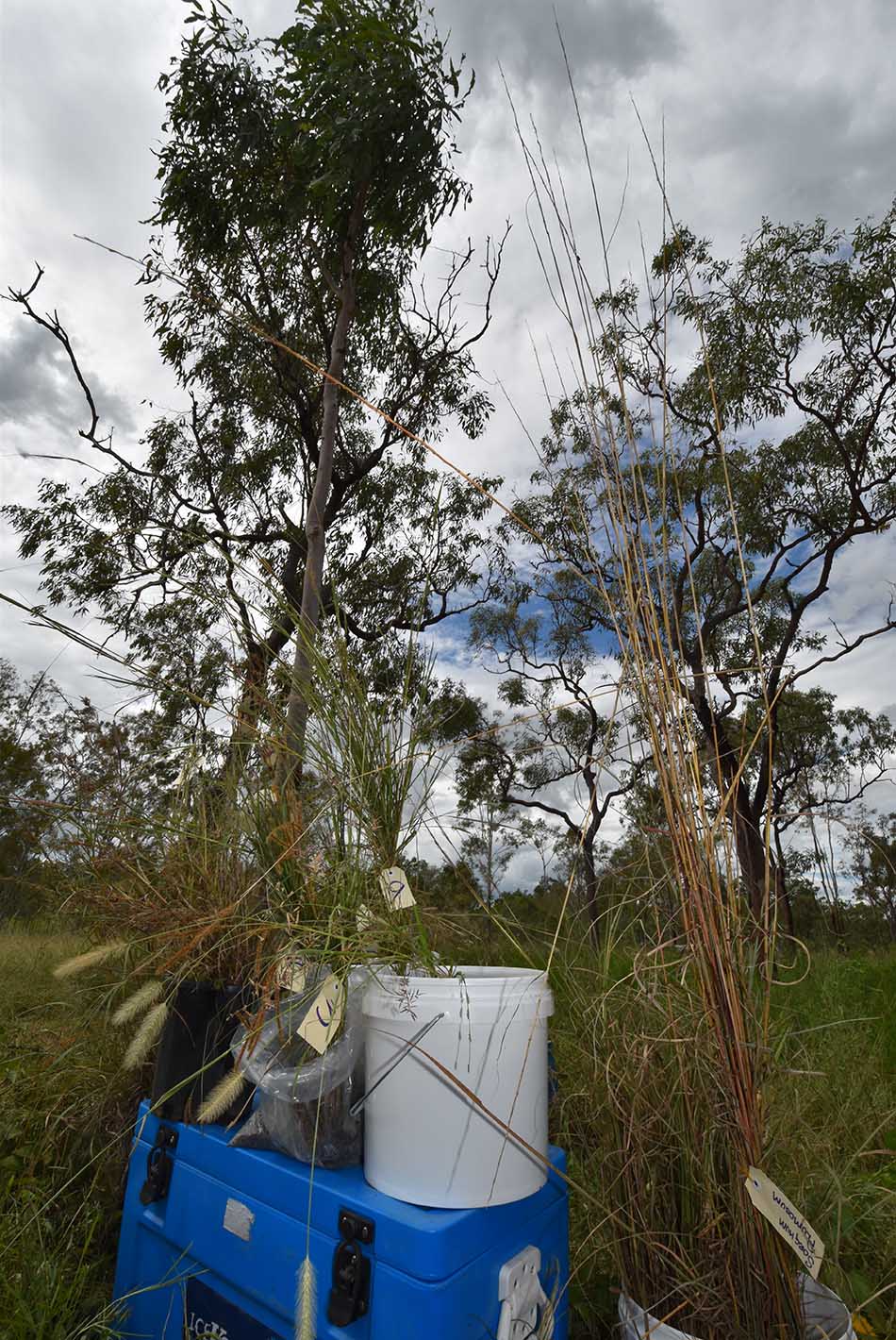ACCELERATING THE PROJECT
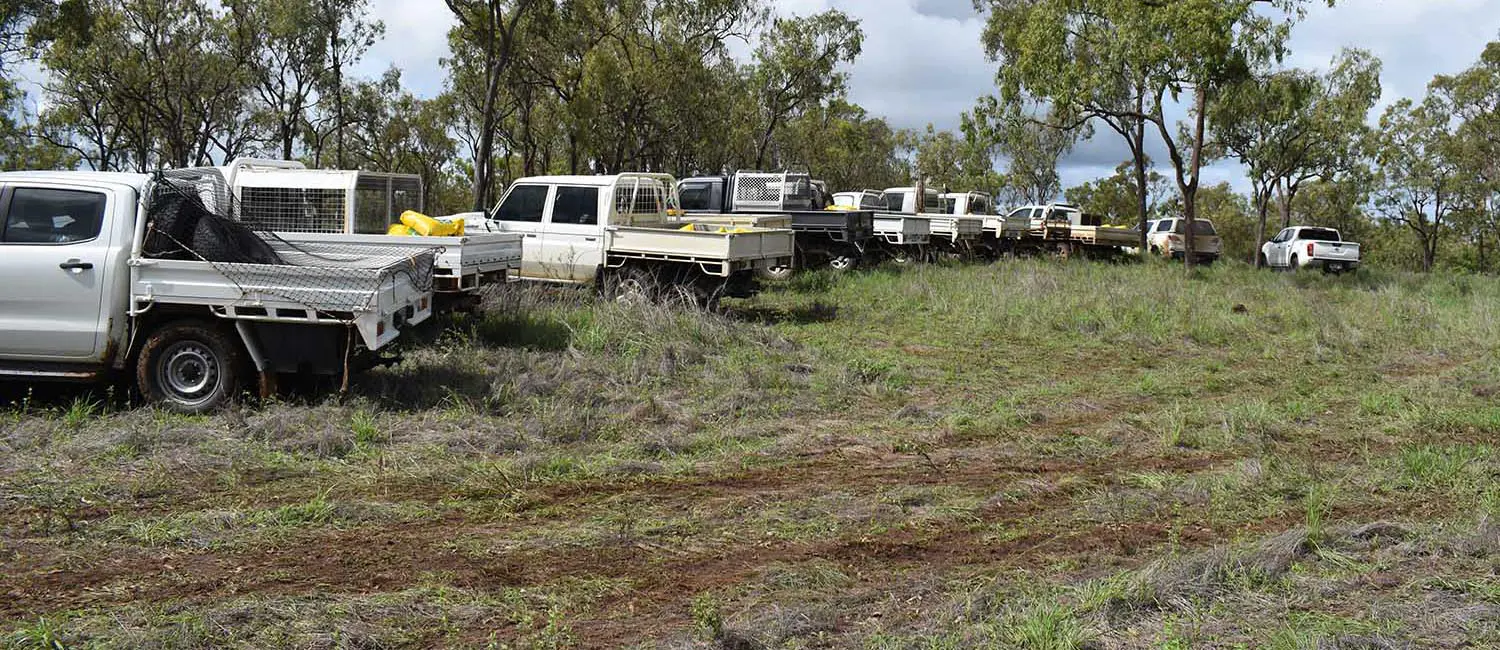
Focus on sediment reduction, practice change
NQ Dry Tropics has secured $5 million to build on and support the Landholders Driving Change project.
This funding has been made available through the Water Quality Improvement program funded by the partnership between the Australian Government’s Reef Trust and the Great Barrier Reef Foundation (GBRF).
The funding supports a sediment reduction program focused on improving water quality in the BBB through catchment restoration and improved land management practices.
The three-year program will deliver:
- Accelerated grazing support (extension) to encourage adoption of improved land management practice, and;
- Large-scale and small-scale gully remediation.
Already making progress
The LDC team has hit the ground running. The following activities are currently underway:
Large-scale gully at Havilah
A large-scale gully remediation project has been identified on Havilah Station, near Collinsville. This site was identified as a priority gully cluster in the LDC’s gully prioritisation report. The targeted treatment area consists of two active gully systems.
A concept design is being developed, and when finalised, local contractors will undertake earthworks. The site will be monitored and evaluated using a range of practice, vegetation, runoff and water quality measures.
Sediment savings for Gully Type 1 works (small-scale gullies and erosion features) will be delivered through:
- As part of the 30 land management agreements, remediation works on 15 small gullies will be completed; and
- A medium scale landscape rehydration demonstration site targeting sediment savings will be completed.
Sediment savings for Gully Type 3 works (large-scale gully) will be delivered with our partners Alluvium and Verterra, operating as an Unincorporated Joint Venture, through:
- Completion of the Strathmore gully site (Stage 2), located near the Bowen River Hotel; and
- Design and implementation of a large-scale gully remediation project at Havilah Station.

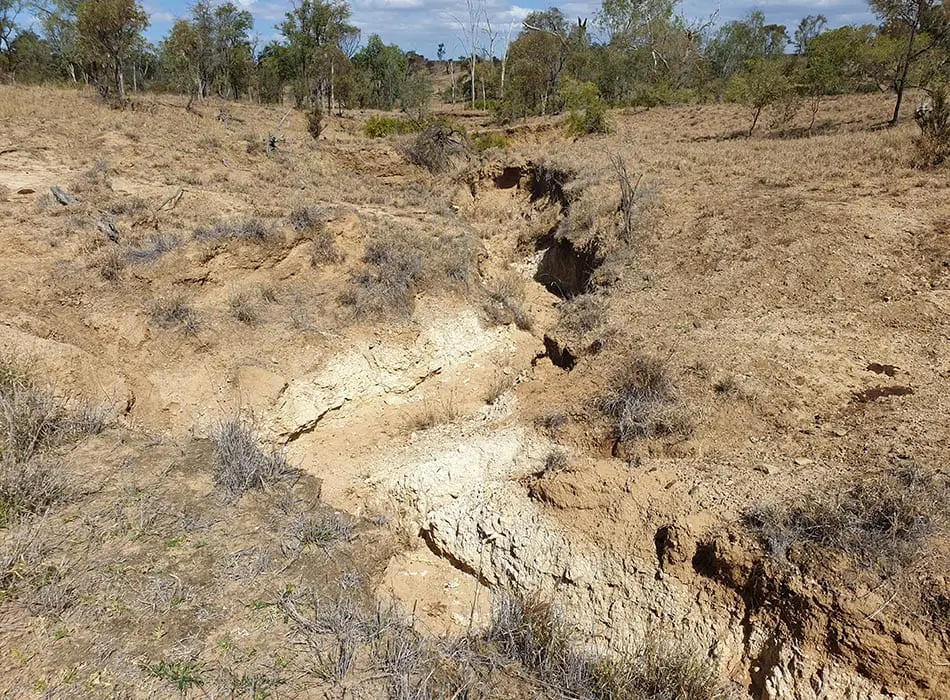
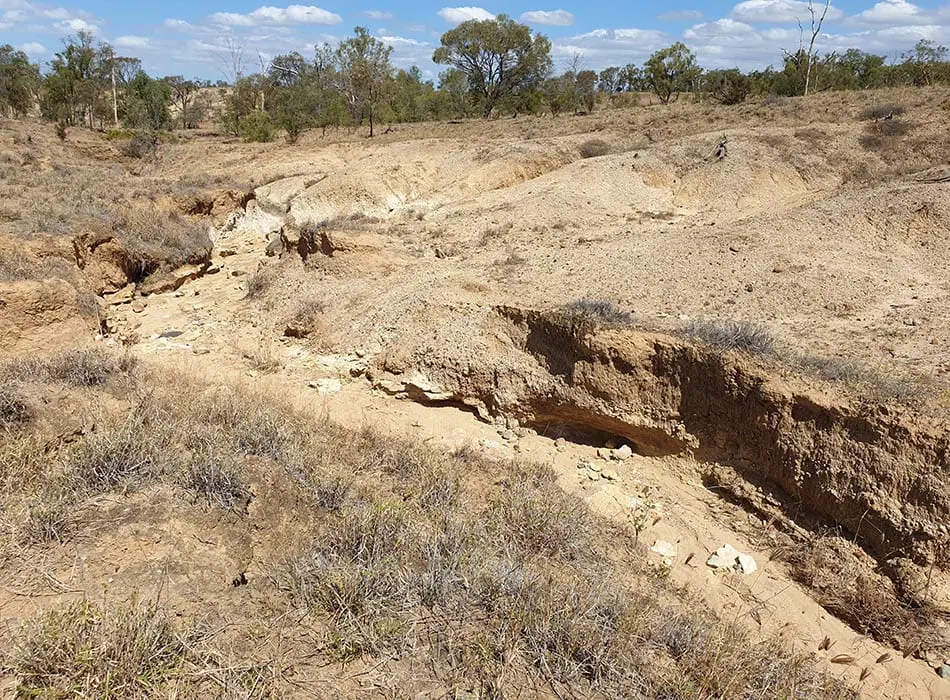
Help culture of change to grow
Through extension support, the LDC project will help landholders to adopt improved land management practices to further develop a culture of change for stewardship outcomes.
In March, LDC called for expressions of Interest from landholders to submit a project proposal for a Sediment Loss Prevention Grants to assist with implementing changes to improve their land management. The projects are required to demonstrate that the proposed changes will help reduce sediment entering into local waterways and the Great Barrier Reef lagoon.
The application process was competitive with project proposals ranked based on assessment criteria. The proposals are currently being assessed. Successful projects need to be completed within one year.
Sediment savings for land management practice change will be delivered through:
- At least 30 extension, training education and field events held over the life of the project; and
- A minimum of 30 land management agreements on property, targeting land management practice change.
Knowledge is power in the paddock
A suite of workshops aimed at improving knowledge and skills of landholders is currently being developed for 2021-2023. One was in March.
These workshops will allow landholders to gain access to technical and specialist support and information to help them make informed decisions that will increase farm productivity and profit while also improving the landscape.
The first workshop, focused on expanding pasture identification knowledge was held at Mt Pleasant Learning Hub at the end of March. The workshop was aimed at improving knowledge of pasture plants and plant indicators of rangeland condition.
The workshop covered how to identify native pasture species under cattle grazing (herbs, grasses and shrubs); how to take samples and photos for further identification; and the relationship between different soil types and plant species.
Testing knowledge: A wide range of grasses (pictured, right) were put on display for landholders to have a go at identifying as many as they could.

